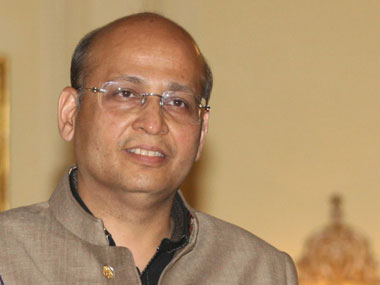The Standing Committee on the Lokpal Bill draft did not agree with Team Anna on including the Grievance Redressal and Citizens’ Charter under Lokpal as it felt will overburden the Lokpal.[caption id=“attachment_152348” align=“alignleft” width=“380” caption=“Lokpal draft Bill, Standing Committee, chairman Abhishek Manu Singhvi. Image courtesy PIB”]  [/caption] Rejecting the suggestion as laid down in Team Anna’s draft Jan Lokpal Bill, the committee felt that Lokpal is limited largely to corruption and therefore not a fit instrument to deal with grievance redressal. Thus, the committee suggested the separation of Grievance Redressal and Citizens’ Charter from the Lokpal Bill to equip both the constitutional bodies with more efficiency and speed. Recommending that the new body must be under one law and uniformly applicable in all states, the panel suggested that it “must provide for acknowledgement of citizen’s communications within a fixed time frame”. The committee also suggested measures against “lame queries” and suggested that all employees must have readable name tags. The panel wants the body to function on the lines of the Right to Information Act and advised a constantly updated online support for complainants. The committee suggested that the “Citizen Charter should not include services involving constraints of supply e.g. power, water, etc. but should include subjects where there is no constraint involved e.g. birth certificates, decisions, assessment orders”. In the event a Central law does cover the state, the committee suggested that the states evolve mechanisms to tackle the grievances of the citizens. Through the “harmonious synchronization of the RTI Act and of the Citizens’ Charter and Public Grievances Redressal Mechanism”, the committee hoped that transparency and accountability in governance will achieve the desired level.
The committee separated the two so that greater transparency and more tooth can be added to both the legal arms.
Advertisement
End of Article


)
)
)
)
)
)
)
)
)



